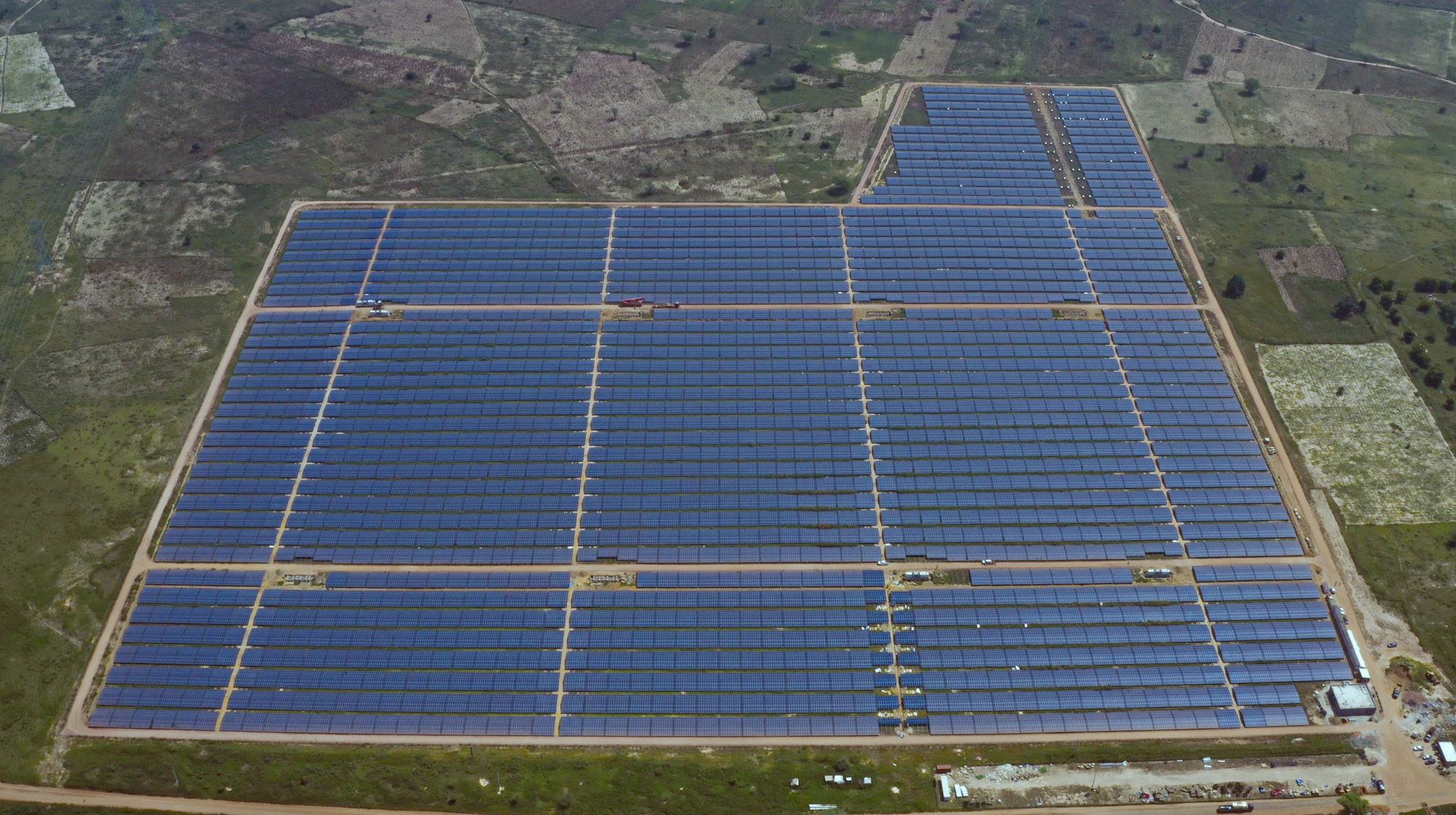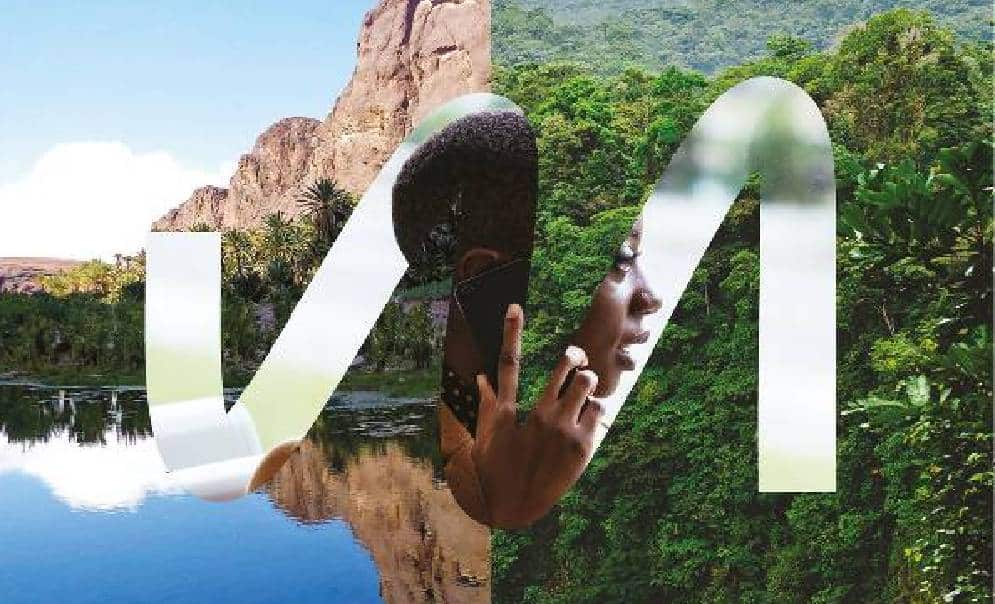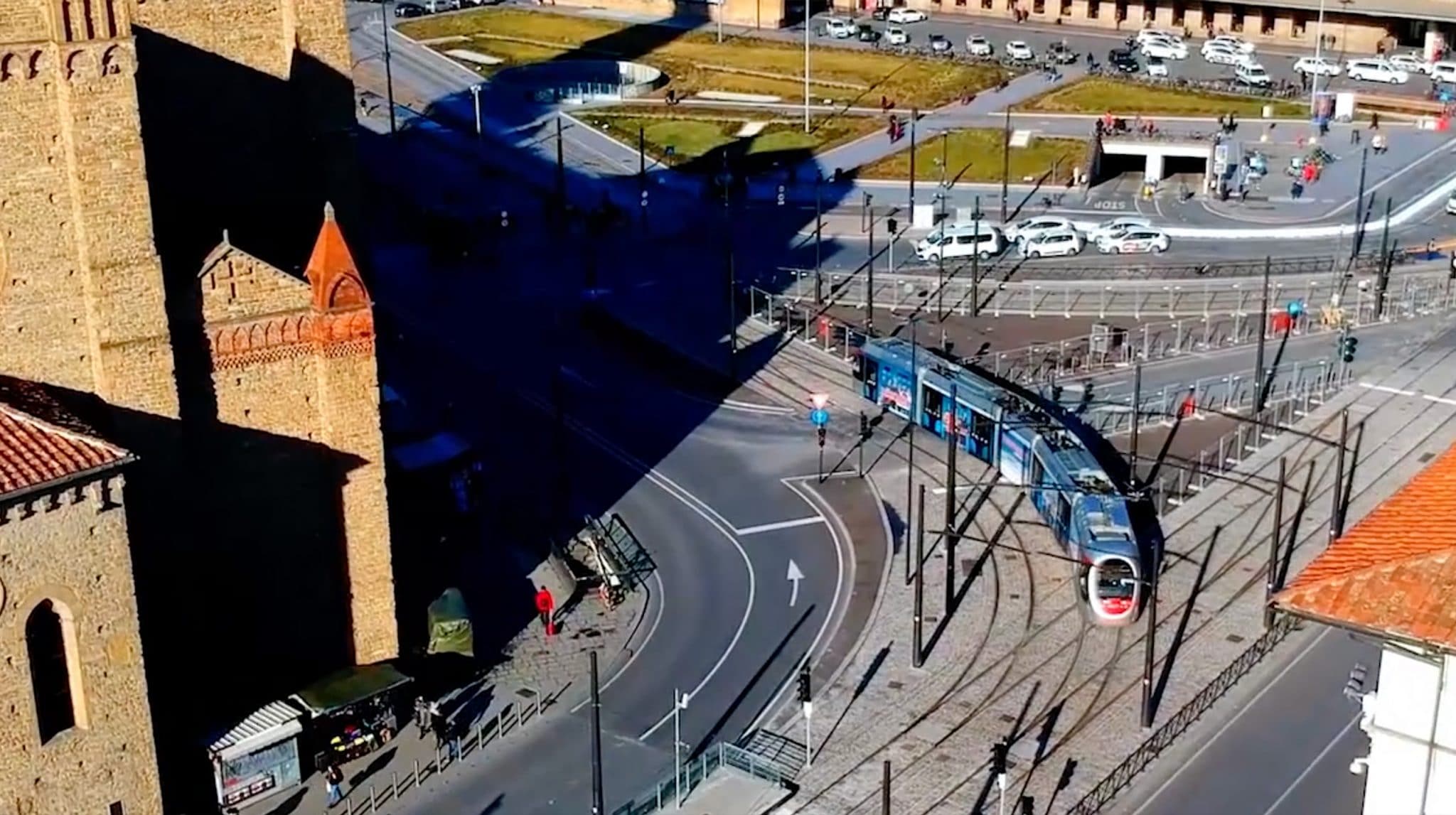News
On the occasion of the visit of the Senegalese Minister of Oil and Energy to the Kaél site, Meridiam presents its projects for the development of solar energy in the country

01.03.2022
- More than 130 million euros invested and 140MW of solar power already connected to the grid
- Nearly 2000 direct and indirect jobs created
- 900,000 people benefiting from this clean energy, produced locally and at an extremely competitive rate
Meridiam, ENGIE, and FONSIS (Senegal’s Sovereign Strategic Investment Fund) welcomed today Mrs. Sophie Gladima, Senegal’s Minister of Oil and Energy, to the Kaél Solaire SA photovoltaic power plant, located in the Diourbel region, in the centre west of Senegal, some 200 km from Dakar. On this occasion, Meridiam presented all its investments in photovoltaics made in the country and its projects for the future, particularly in terms of energy storage.
The 35 MWp Kaél solar power plant represents an investment of more than 20 million euros, part of which is financed by Proparco (AFD Group), the International Finance Corporation (World Bank Group) and the European Investment Bank. Together with the nearby Kahone power plant in the Kaolack region, it is part of the Scaling Solar programme in Senegal, which is jointly led by the Senegalese authorities and the International Finance Corporation (IFC). The objective of this initiative is to increase the share of renewable energy, and in particular solar energy, in Senegal’s energy mix and to offer one of the lowest electricity tariffs in sub-Saharan Africa (less than 25 CFAF/kWh or 4-euro cents/kWh)[1].
Since 2015, Meridiam has financed, built and now operates 4 photovoltaic power plants in Senegal: Senergy, Ten Merina, Kahone Solaire, Kaél Solaire. These 4 projects, with a total capacity of 140 MWp, represent 57% of the country’s solar energy. They have created nearly 2000 direct and indirect local jobs during the construction period (90% from the communities surrounding the projects), and are operated by Solarsen, a team of experts composed of 100% Senegalese. With a total annual production of 239 GWh, these plants provide 900,000 people with clean, locally produced electricity at an extremely competitive rate. As the first source of renewable energy in the country, they contribute to Senegal’s transition to low-carbon development and avoid the emission of nearly 145,000 tons of CO2 per year[2].
The four projects are registered with the United Nations Framework Convention on Climate Change (UNFCCC) and certified to the Gold Standard, recognised as a major player in the labelling of greenhouse gas emission reduction projects. They contribute concretely to the United Nations Sustainable Development Goals, and more specifically:
- SDG #7: provide clean and affordable energy,
- SDG #8: promote sustained, inclusive and sustainable economic growth,
- SDG #9: build resilient infrastructure, promote inclusive and sustainable industrialisation,
- and SDG #13: act on climate.
In the context of strengthening the economic empowerment of local communities, socio-economic projects are being implemented, including the establishment of a credit union for local communities, as well as a farm for livestock and agricultural activities. Meridiam has also created an ambitious solar energy training and research programme in Senegal in partnership with Canada’s International Development Research Centre (IDRC). Inaugurated in February 2019, the programme has already trained more than 200 technicians and managers in the energy field in Senegal.
Thierry Déau, founding president of Meridiam, said: “With the Kaél power plant, Meridiam is investing even more alongside Senegal and Senelec to increase its production of local, sustainable and renewable electricity. We are proud to actively contribute to the country’s low-carbon transition and to provide its population with some of the cheapest electricity in West Africa. I share the ambition of President Macky Sall and the Emerging Senegal Plan to further develop renewable energy projects and increase their share in the country’s energy production. Alongside him, we are ready to invest further, particularly in innovative solutions combining new photovoltaic production capacities and energy storage systems.
The project company that built, financed and operates the Kaél plant over a 25-year period is owned 40% by Meridiam, 40% by ENGIE and 20% by FONSIS.
Sources:
[2] Amount certified under the UNFCCC mechanism and subject to periodic audit


